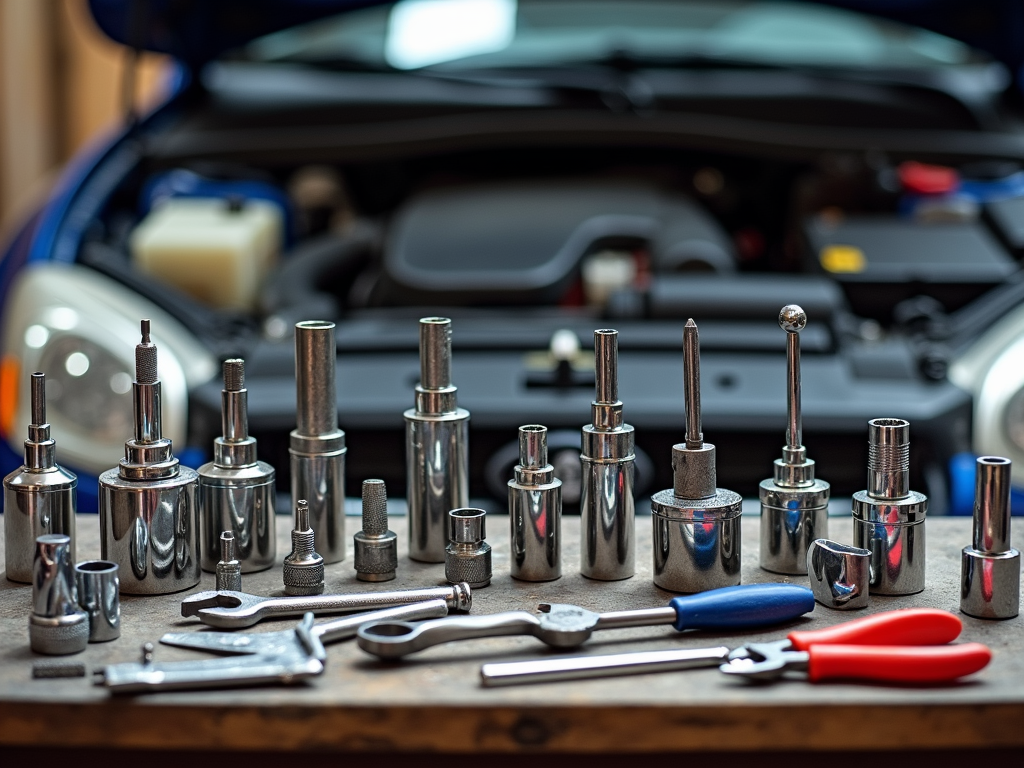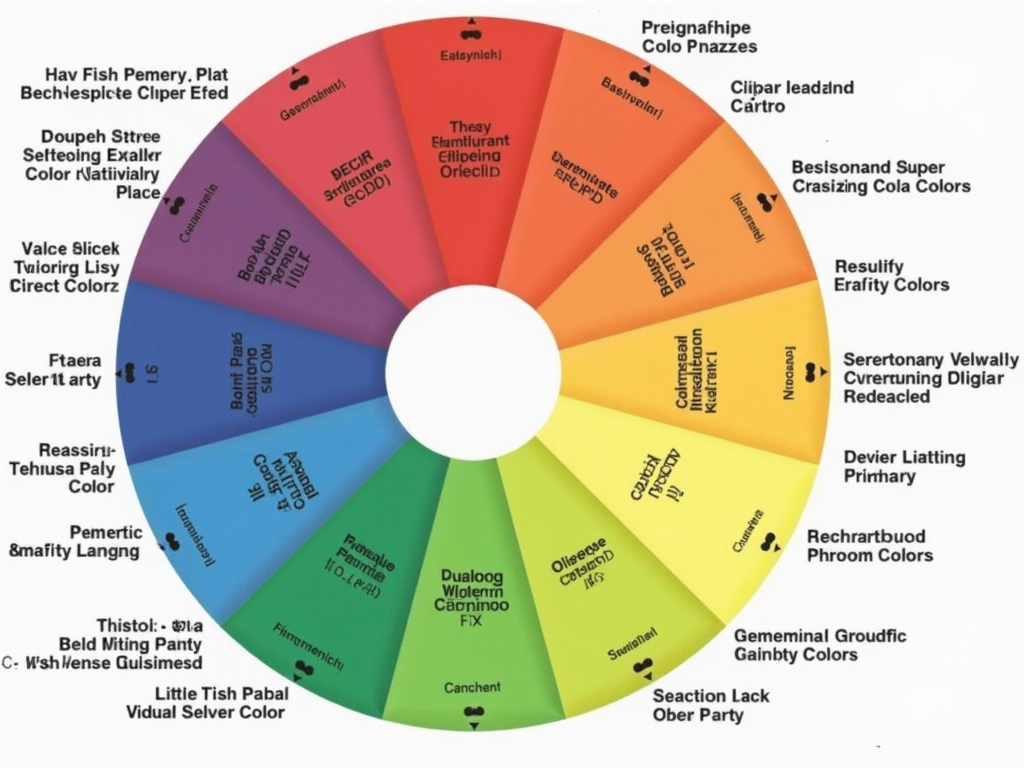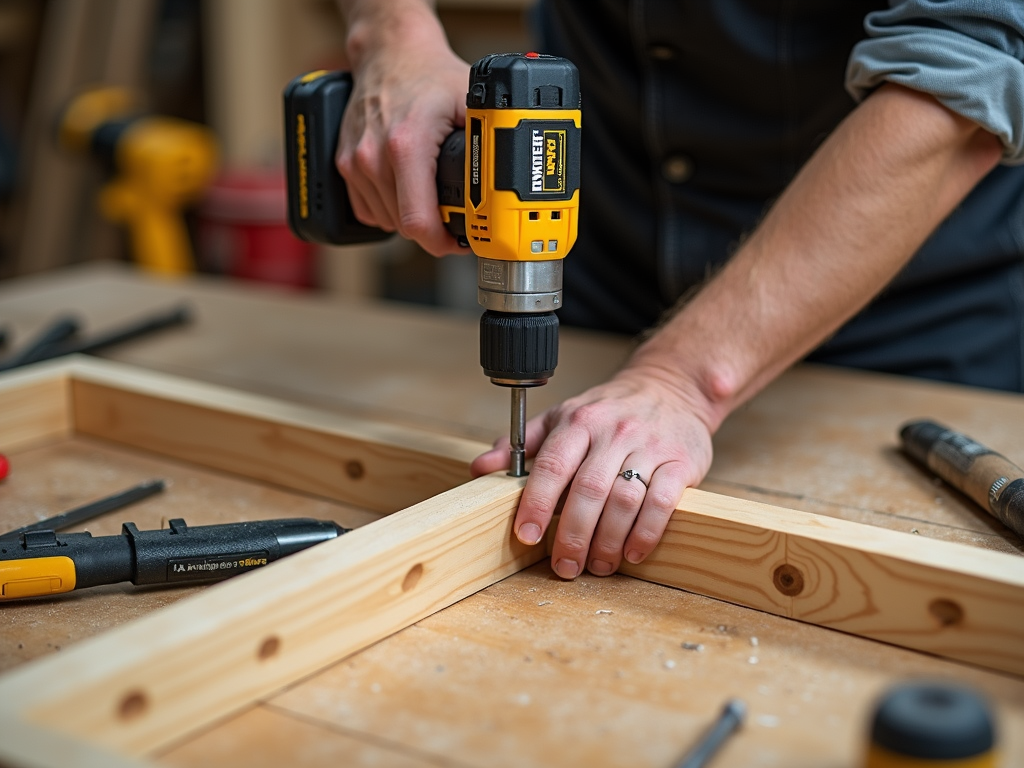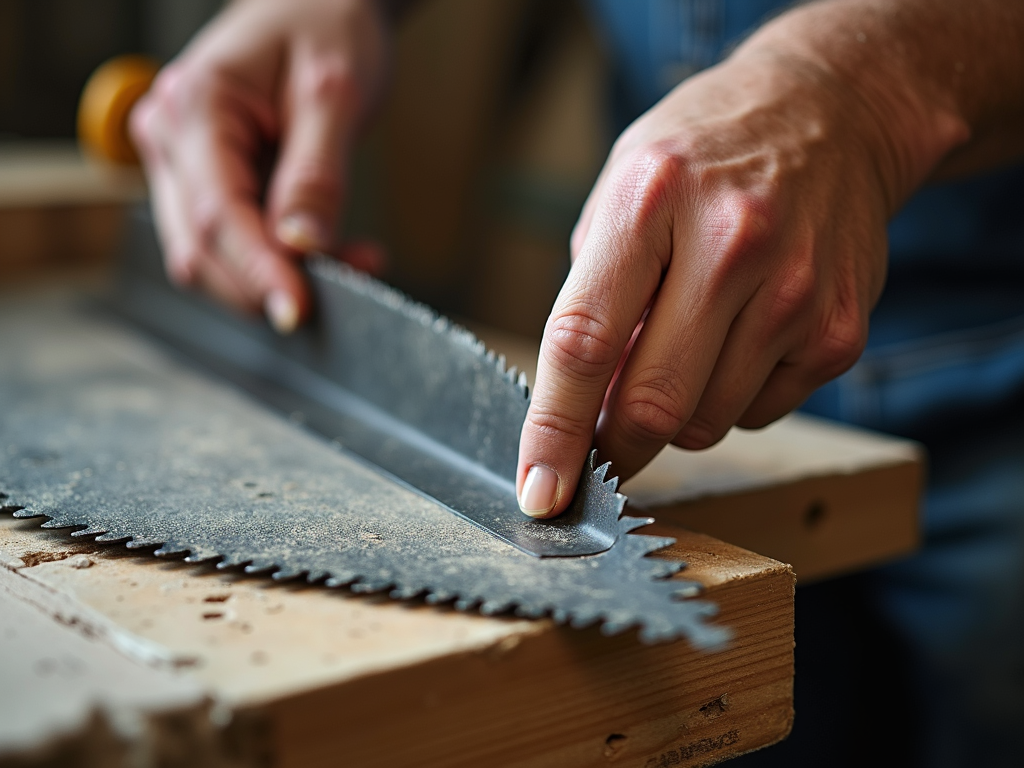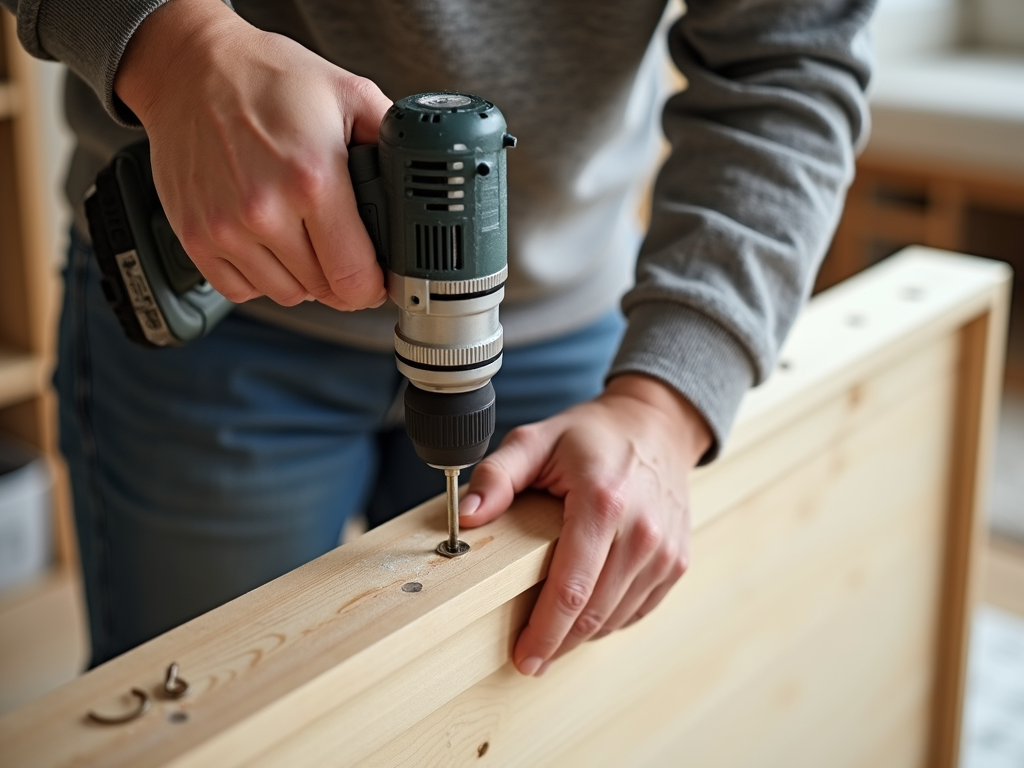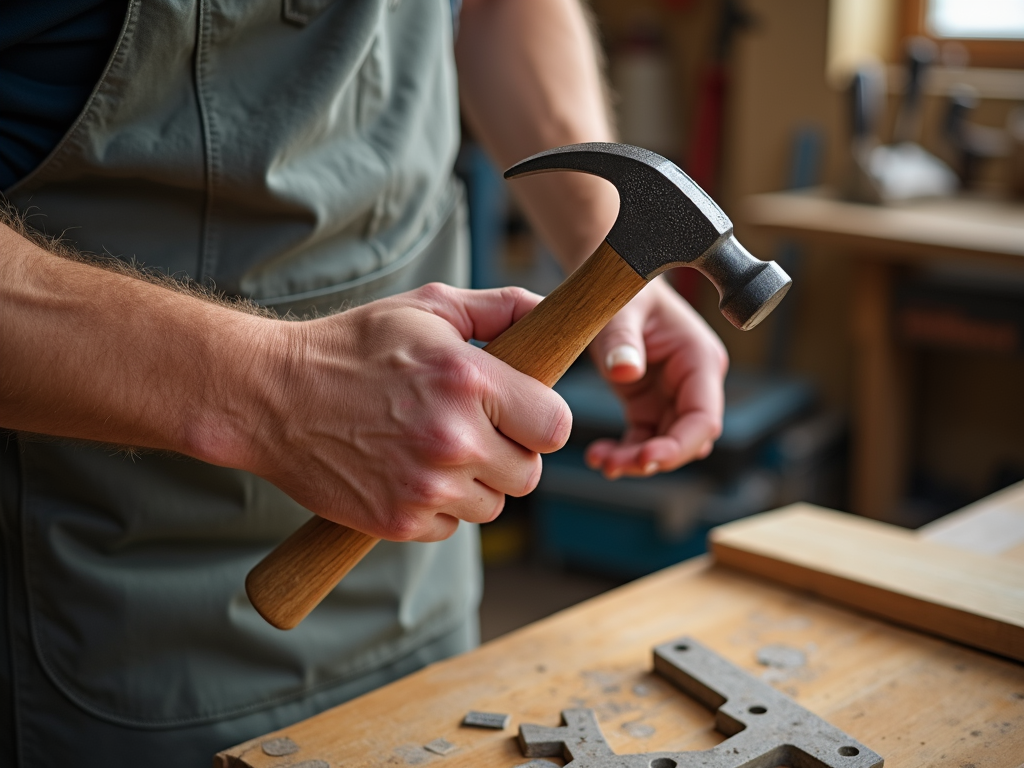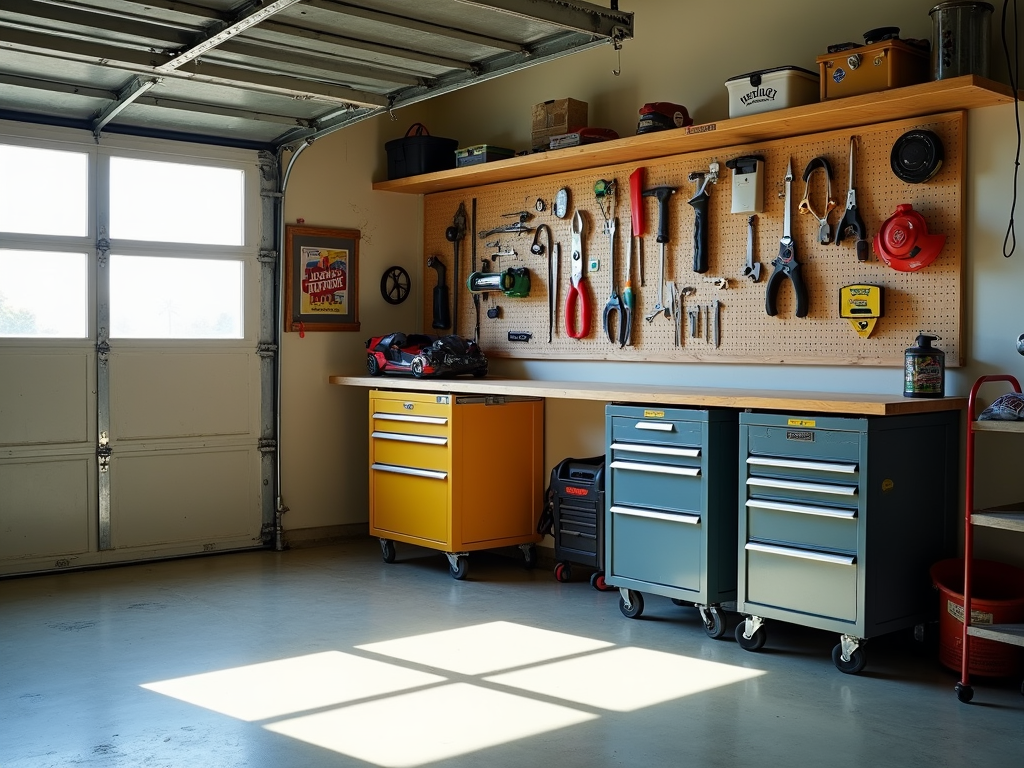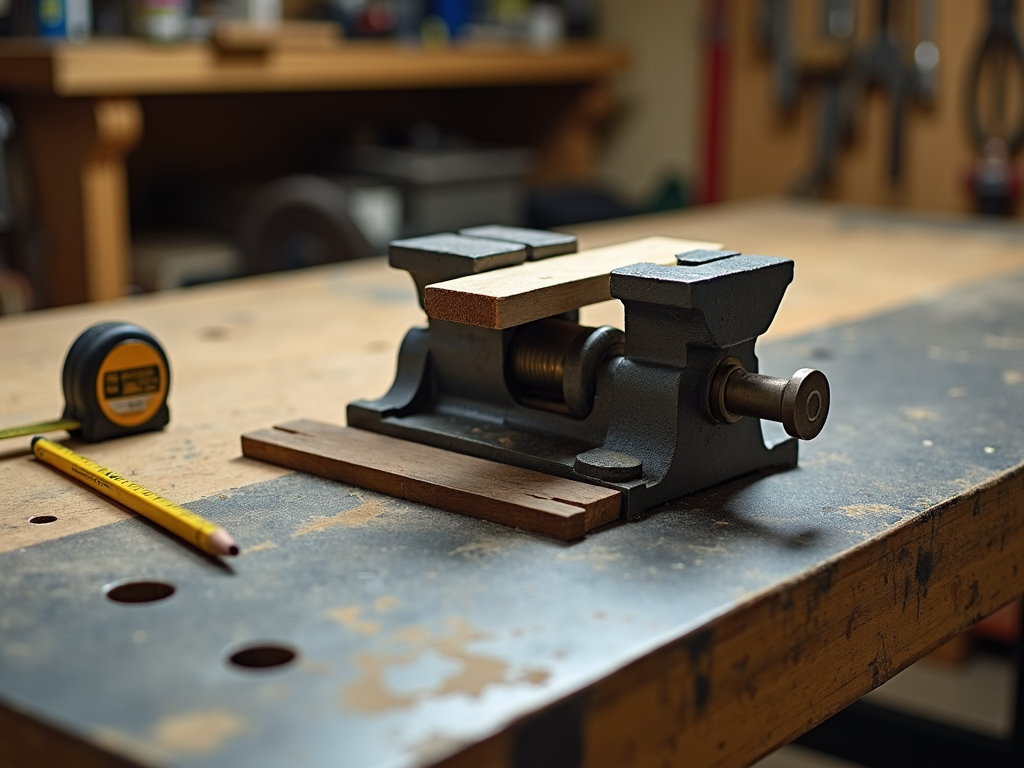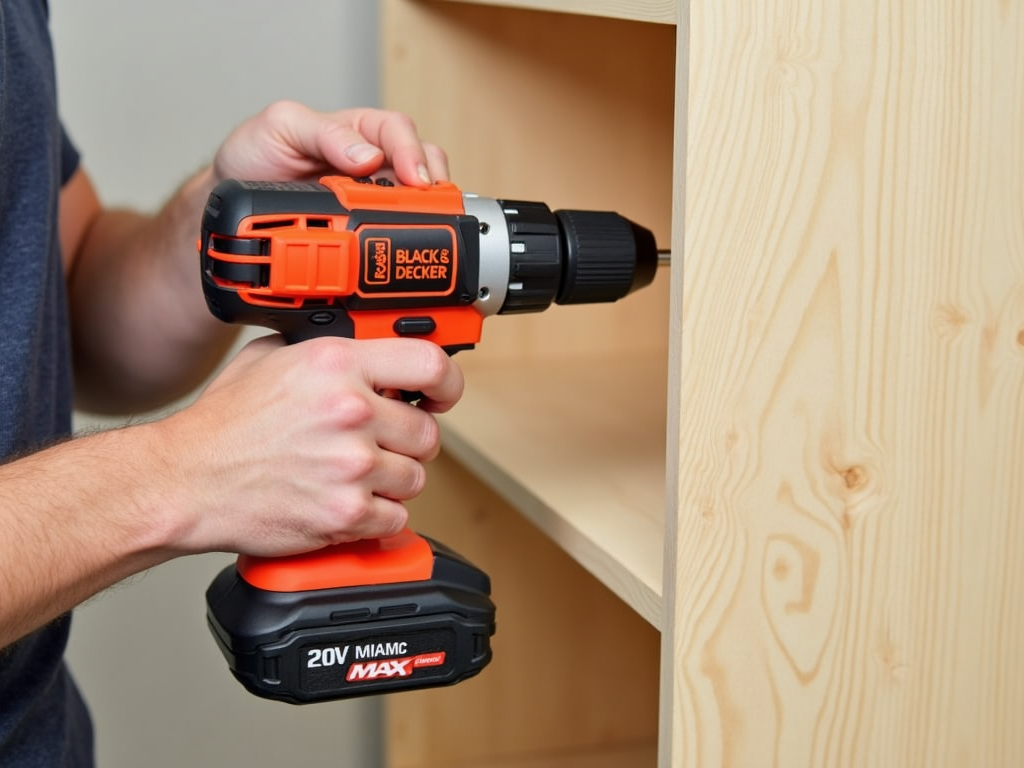Overview
Proper tool maintenance keeps your tools working well and lasting longer. Whether you’re new to DIY or a skilled workman, this guide shares simple, practical steps to care for your tools and save money over time.
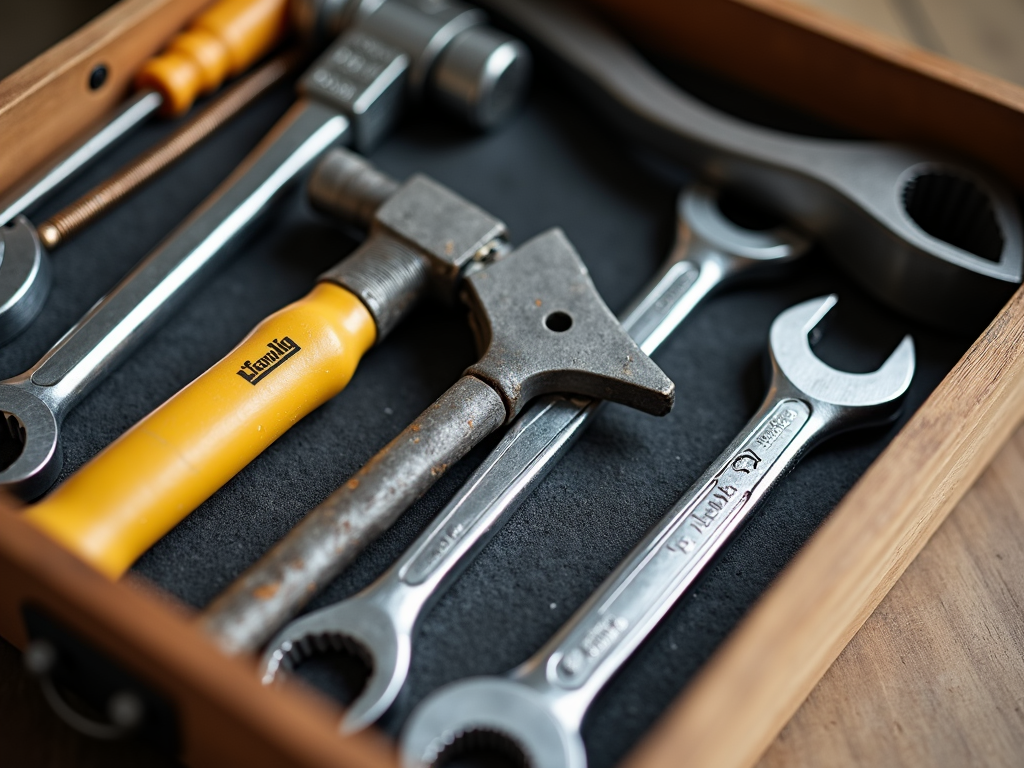
Understanding Your Tools
Your tools are like trusted friends—knowing them helps you take better care of them. Start with the basics: hammers for pounding, screwdrivers for turning screws, and wrenches for gripping. Workman tools for beginners often include these essentials. Understanding their uses and how they work will help you maintain them effectively. I once ignored a loose hammerhead, and it flew off mid-swing—lesson learned!
Every tool has a purpose, and each needs specific care. Metal tools rust if neglected, while wooden handles crack without attention. Take time to understand your workman tools, and they’ll serve you well for years.
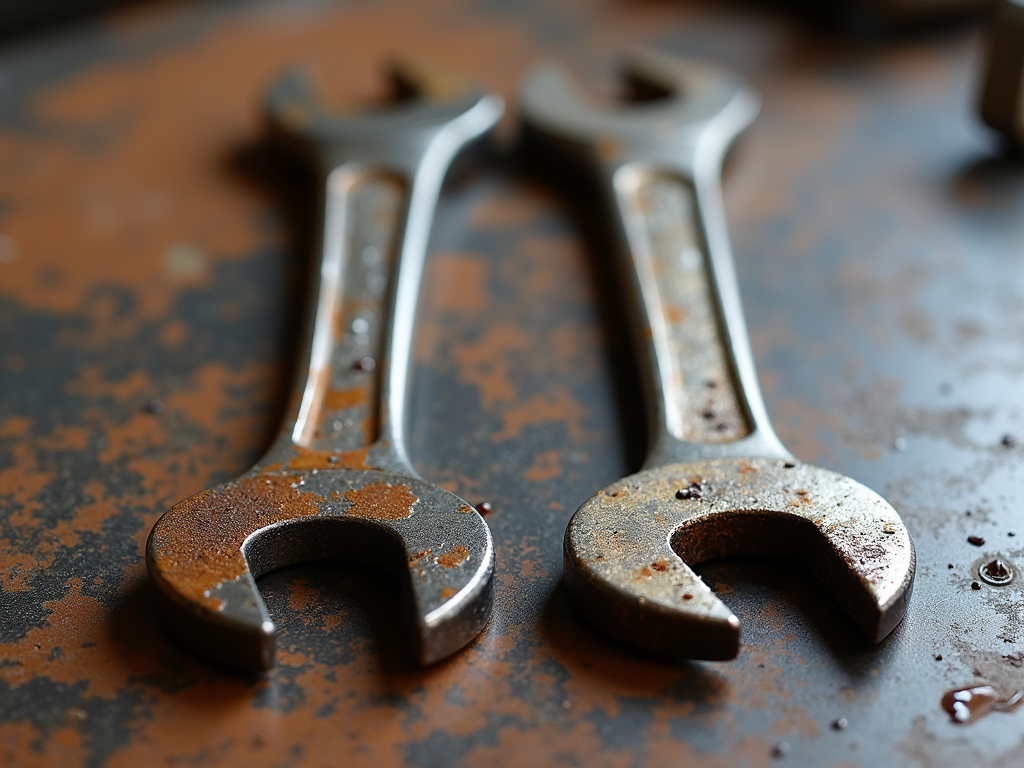
Cleaning and Storing Tools
Cleaning your tools after use is a game-changer. Dirt and grime build up fast, causing rust or stiffness. Wipe metal parts with a dry cloth, or use a damp one for stubborn spots. For screwdrivers, I use a small brush to clear debris from the tips—it keeps them precise.
Storage matters just as much. Toolboxes are perfect for keeping everything in one place. I’ve used a pegboard in my garage for years—hanging tools like wrenches and hammers makes them easy to grab and stops clutter. Keep them dry and out of the weather, and you’ll avoid a lot of headaches.
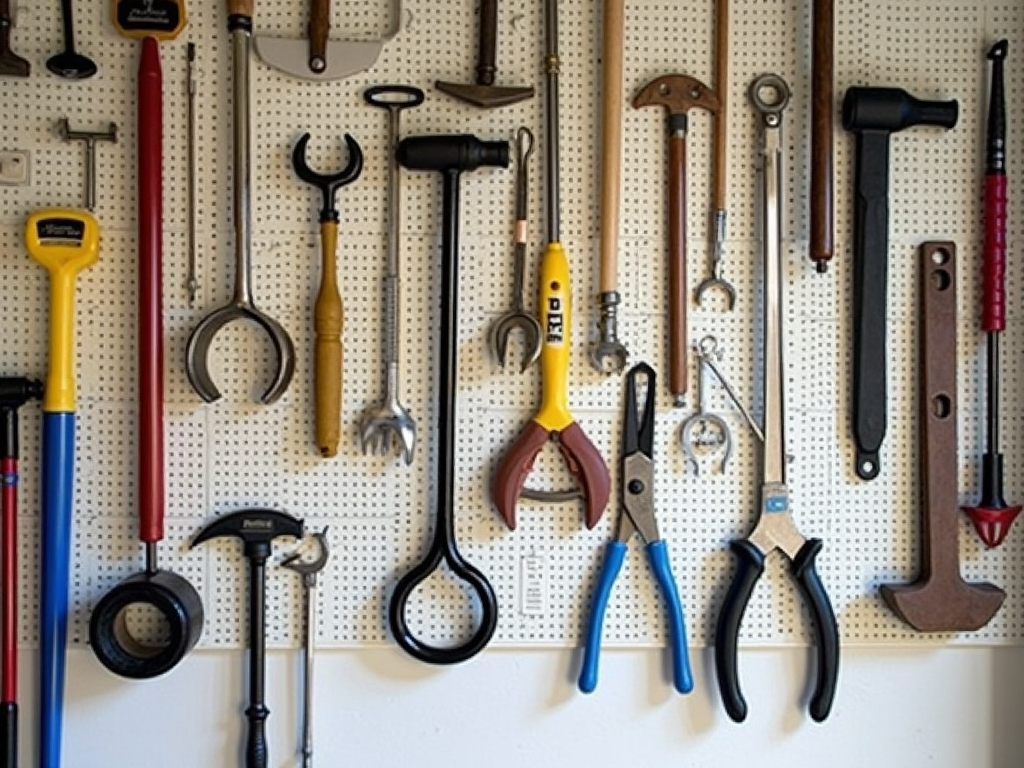
Regular Maintenance Practices
Set a routine to check your tools—it’s worth it. Every month, I inspect mine for wear, rust, or damage. A quick wipe with oil keeps metal parts smooth. For cutting tools like saws, sharpening is key. I learned this the hard way when a dull blade ruined a woodworking project.
Here’s a simple schedule: - Weekly: Clean after big jobs. - Monthly: Check for rust and lubricate. - Yearly: Deep clean and sharpen. This keeps your tools ready and cuts down on replacements.
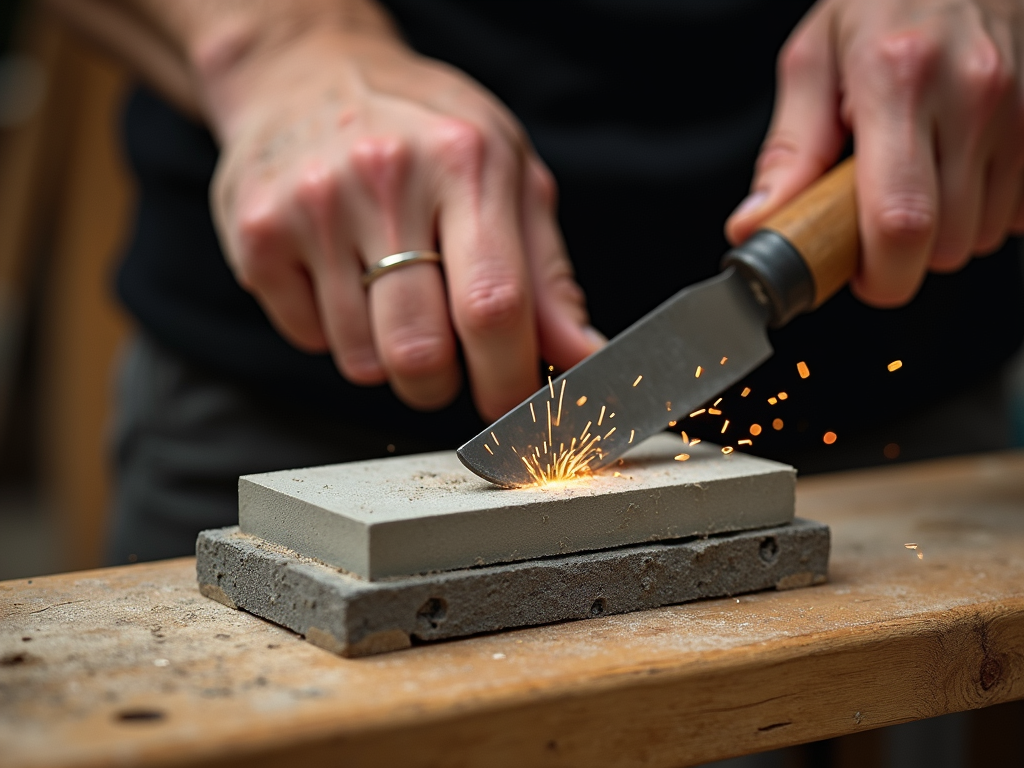
Troubleshooting Common Issues
Tools wear out, but you can fix a lot yourself. A wobbly screwdriver tip? Tighten it with a small wrench. Rust on a wrench? Scrub it with steel wool and oil it after. I once revived an old hammer by sanding down rust—it’s still going strong.
Know when to stop, though. If a tool’s cracked or bent beyond repair, replace it. For more help, sites like Popular Mechanics have great troubleshooting tips.
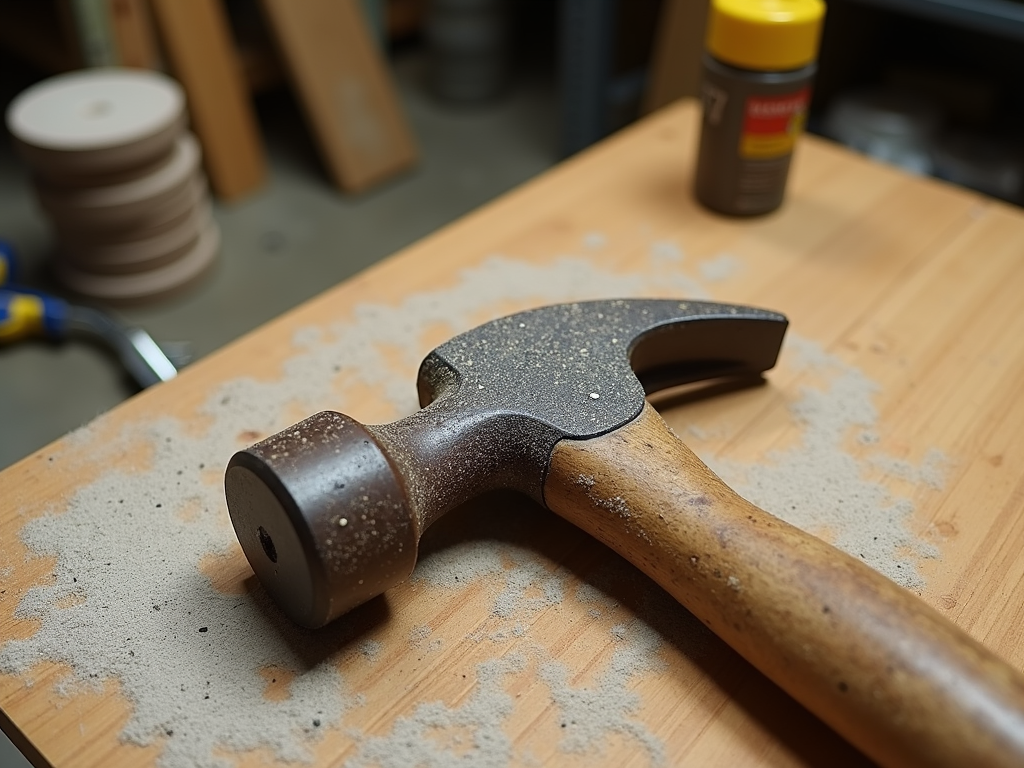
Safety Considerations
Safety comes first when maintaining tools. Always unplug power tools before cleaning—trust me, it’s a habit worth building. Wear gloves when handling oily or sharp tools to avoid cuts. I keep my workspace clear, too; a messy bench once led to a dropped wrench on my foot.
Store tools where kids can’t reach them, especially heavy ones. A solid toolbox with a latch works wonders. Safe tools last longer because they’re handled right.
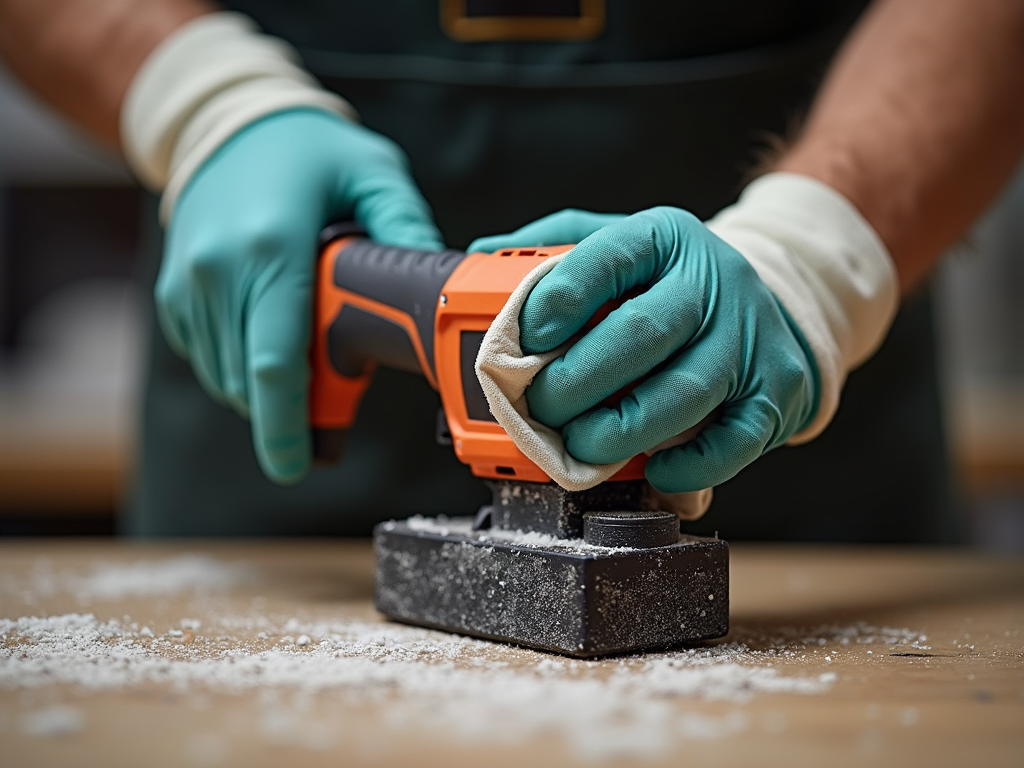
Tips and Tricks
Here are some extras I’ve picked up: | Tool | Tip | |------|-----| | Wrenches | Oil hinges lightly | | Hammers | Check handle for splits | | Screwdrivers | Store tip-up to avoid dulling | These small steps add up to big results.
Another trick: mark your tools with paint or tape. It’s saved me from losing my favorites on shared projects. Little habits like these make maintaining your tools second nature.
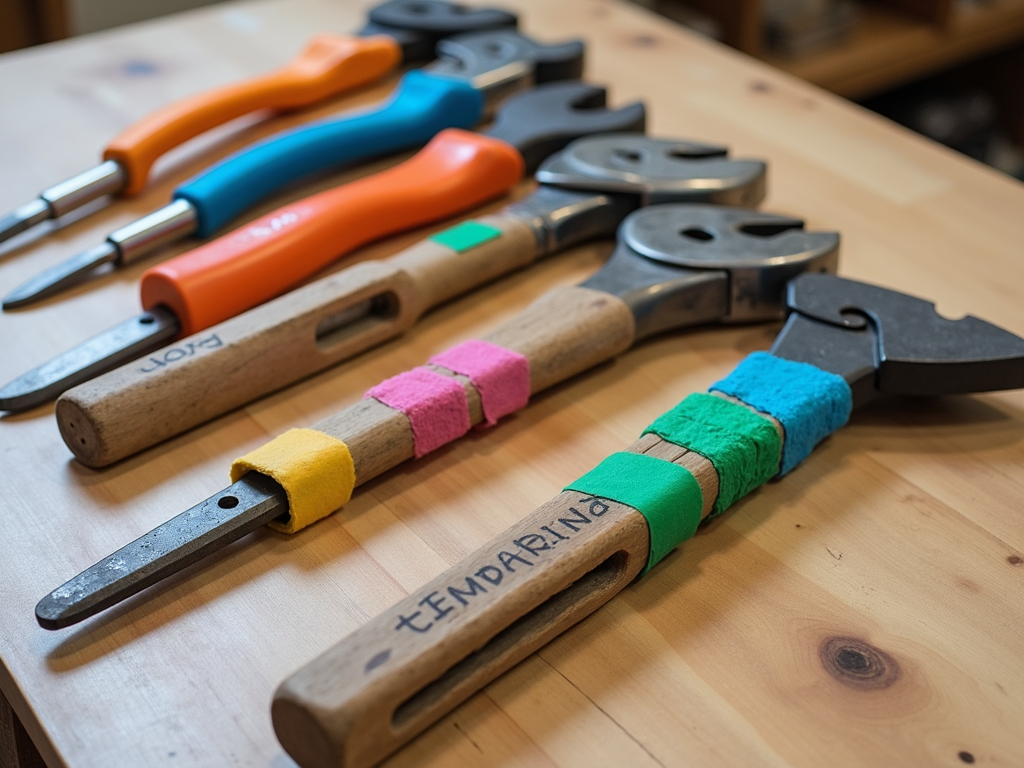
Summary
Taking care of your tools doesn’t have to be hard. Clean them, store them right, and check them regularly—it’s that simple. Workman tools for beginners or pros all benefit from this. With a little effort, your tools will last longer, work better, and keep your wallet happy.
Related How to Maintain Your Tools for Longevity:
- The Ultimate Guide to Tool Sets for Automotive Repairs
- Safety Gear Essentials for Every Workman
- How to Choose the Best Paint Color for Your Room
- Workshop Organization Made Simple
- The Ultimate Guide to Advanced Workman Tools for Professionals
- Construction Safety Basics: Essential Tips for Workers
- Mastering Advanced Brush Techniques: A Guide for Artists
- Choosing the Right Power Tools for Your Projects
- Understanding Hammer Dynamics and Ergonomics: A Comprehensive Guide
- Tool Organization 101: Essential Tips for Painters and DIY Enthusiasts
- How to Maintain Your Workbench: A Comprehensive Guide for Professionals and Hobbyists
- The Impact of Black & Decker on the DIY Movement
